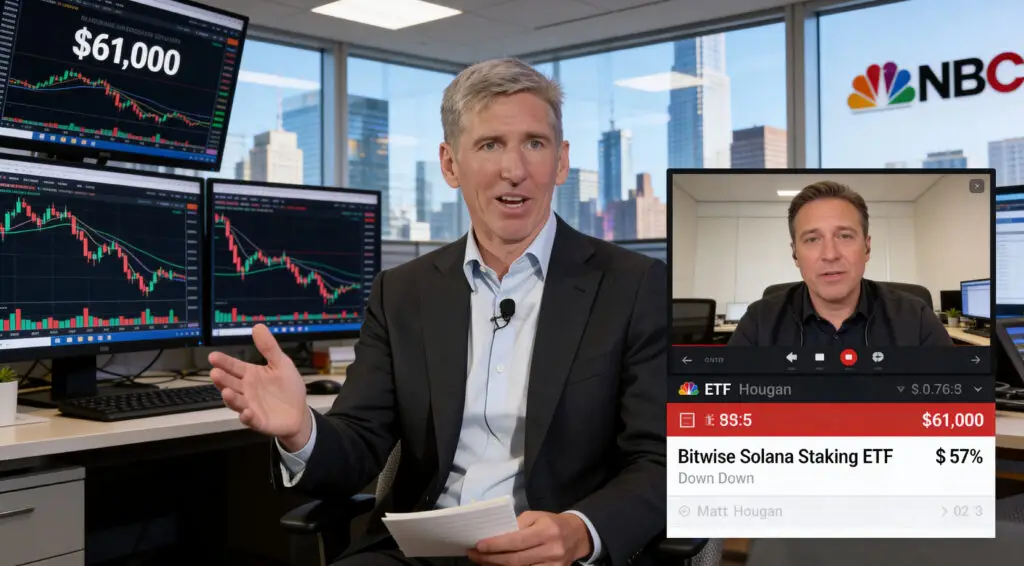Bitcoin suffered a notable decline, reaching a low of under $90,000 for the first time since November 18. This fall seems to be related to ongoing global economic concerns along with the impact of a major hack on the Bybit exchange.
Macroeconomic Stress and Investor Worries
The decline is primarily due to increasing market concerns about a possible slowdown of the U.S. economy and the impending tariffs slated for President Trump’s term. These conditions have heightened apprehension for global investors, prompting them to seek refuge in safer investments such as U.S. Treasury bonds. The decline in yields during this period also adds to the level of market anxiety. “The macroeconomic situation has been the main reason for the price decline in the last few hours,” is what crypto-assets strategist at DZ Bank, Marcel Heinrichsmeier, noted.
Bybit Hacks and Volatility within the Altcoin Market
Adding to the total market cap woes is the recent ether hack from Bybit Exchange, which amounts up to 1.5 billion USD. Blockchain research firm Elliptic described it as “almost certainly the single largest known theft of any kind of all time.” The hack has greatly impacted investor confidence. The effect is not limited to Bitcoin, as other altcoins also suffered from an increase in selling pressure. Solana, Cardano, and even Dogecoin saw a dip in value which highlights the effects of the hack and the negative outlook on the market.
Charles Wayn, co-founder of Galxe, mentions, “The savage sell-off happening in crypto is not unexpected considering we’ve just seen the largest ‘hack’ in our history. This has been worsened by greater global tariff fears.”
Selling Pressure and Market Shifted Sentiment
The Wayn account considers the sell-off to have been a lagged reaction to the Bybit hack, noting how the market exhibited an unusual degree of strength initially. As Joseph Edwards, head of research at Enigma Securities, points out, “At some point, there tends to be a price to be paid further down the line.” It seems that the current decline depicts the archetypal case in which a reduction in risk appetite causes a crypto market-wide selloff, in this case a cascading one. In addition, the bullish sentiment that used to be present regarding the possibility of friendly policies from the U.S. administration has now died down, suffocated by inaction, with nothing tangible beyond early appointments.
Bybit’s Pi Network and ETF Outflows
The negative investor sentiment around crypto is worsened by substantial outflows from Bitcoin-backed ETFs. The LSEG data points shows that the largest ETFs are having the largest net monthly outflow since their inception in January 2024. T
his trend clearly indicates a change in investor approach. More concerning news for Bybit came when the exchange’s CEO, Ben Zhou, drew criticism for outright refusing to list Pi Network cryptocurrency which he branded a scam.
This position along with his comments about scams within crypto projects underscores the deepening concerns about safety and authenticity in crypto which have contributed to eroded investor confidence.















